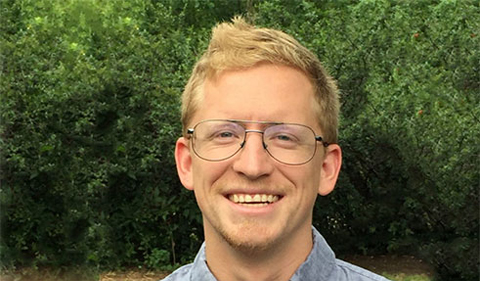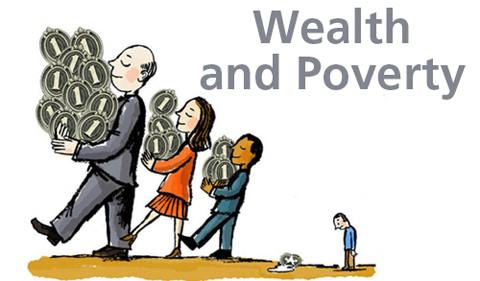
by Aissatou Boye, ’20
As part of the Wealth and Poverty theme’s Urban Challenges week, Dr. Daniel Moak challenged the school-to-prison narrative in a talk Nov. 2 on “Class Absence: School-Prison Pipeline.”
Moak, Assistant Professor of African American Studies and a faculty affiliate of the Center for Law, Justice and Culture at Ohio University, studied the school-to-prison pipeline—or the get-tough framework—at Kern County, Calif.
He explained that he chose this location because “in 2009, the schools in this area expelled more students than any other county, and in 2014 someone filed a civil lawsuit against discipline in these schools.”
What he found challenges the school-to-prison pipeline narrative, specifically that “school discipline policies are rarely responsible for incarceration, race can’t offer full accountability for patterns of school discipline, and pipeline thinking often obscures more than it explains.”
He also talked about the role of race and socioeconomic status in these schools, claiming that socioeconomic status is a superior factor in one’s likelihood to be imprisoned in the future.
“I believe the school-to-prison pipeline is problematic because it places more responsibility on the schools rather than dealing with the structures they uphold,” Moak said. “School disciplinary policy is neither the cause of nor solution to mass incarceration.” He said many outside factors led students to prison than this narrative claimed, which put too much emphasis and direct correlation to the school itself.

Dr. Daniel Moak
Randi Bateman ’20, a second year Middle Childhood Education major “thought the talk was good. I understood the claim he was making when he said that the school’s disciplinary policies don’t directly correlate with the school-to-prison pipeline narrative. However, as a teacher ed student, we do look at a lot of factors that could be related to students ending up in prison. Nevertheless, I think his point about economic factors play a huge role.”
Moak ended his talk by saying we need to “situate these issues in broader economic context,” illustrating how there is still much work to do regarding the school-to-prison pipeline ideology.




















Comments